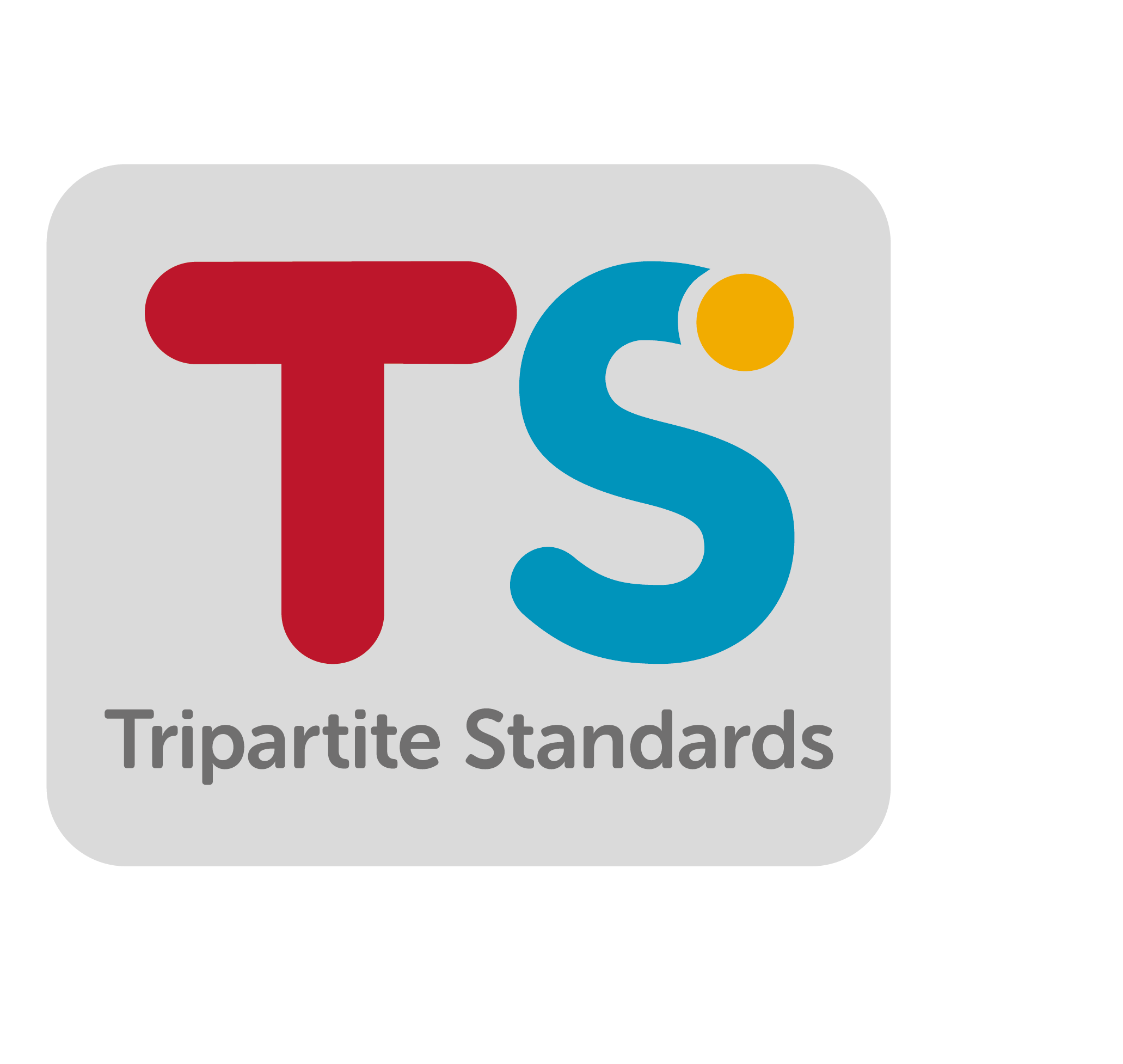Workplace Fairness Bill Update – Key Changes & Hiring Guidelines in Singapore
In this month’s newsletter, we’re bringing you key updates on the Workplace Fairness Bill, which was passed in Parliament on 8 January 2025.
To support these changes, we provide guidelines on crafting fair job advertisements, job application forms, and conducting unbiased job interviews to promote inclusive and equitable hiring practices.
–
Recruitment Agency Singapore
Key Highlights of Workplace Fairness Bill
The first Workplace Fairness Bill was passed in Parliament on 8 January 2025. The first bill that has been released will cover the substantive rights and obligations under the Workplace Fairness Legislation (WFL).
The second Bill will pertain more specifically to how private employment claims can be made for workplace discrimination. It is scheduled to be introduced by the end of 2025. Both bills appear to be moving toward implementation in 2026-2027.
The Workplace Fairness Bill comprises 3 key areas of improvements:
- Reinforce fair and merit-based practices as norms in workplaces
- Introduce more avenues for recourse and redress
- Provide a safer and more constructive space for employees to discuss grievances with their employers
Protections Against Discrimination
The Bill prohibits discrimination across 5 key areas:
- Age
- Nationality
- Gender, Marital Status, Pregnancy Status, and Caregiving Responsibilities
- Race, Religion, and Language
- Disability and Mental Health Conditions
Fair hiring in singapore.
It applies to decisions in hiring, appraisal, training, promotion, and dismissal decisions. ensuring fairness across employment practices.
The WFL allows businesses flexibility to make employment decisions based on protected characteristics if they meet genuine occupational requirements under 4 conditions:
- Job Performance: Eg., language fluency for an interpreter role.
- Health and Safety: Considering mental health for roles involving weapons, like a security officer.
- Privacy: Hiring female therapists for female clientele in a spa.
- Legal/Regulatory Compliance: E.g., hiring bus driver trainees above 21 due to licensing regulations.
Grievance Handling Processes
- Under the legislation, employers will also have to set up grievance-handling processes and inform employees about the procedures.
- Employers need to inquire into the grievance, review it, and inform the employee of the result. All employees must also be informed of this process.
- Throughout the process, the employer must preserve the employee’s confidentiality.
- The legislation will prohibit retaliation – such as dismissals, salary deductions or harassment – against staff who report workplace discrimination.
Small and Medium Enterprises (SMEs)
- SMEs with fewer than 25 employees have a five-year transition period, but they are encouraged to align with fair workplace practices.
- Support is proposed for SMEs, including HR training frameworks.
More details can be found here:
- MOM press release (8 January 2025): “Passing Of Workplace Fairness Bill Marks Next Step In Building Fair and Harmonious Workplaces”
- MOM press release (12 November 2024): “Introduction of Workplace Fairness Legislation to Preserve and Entrench Fair and Harmonious Workplace Norms”
Resources:
Click here for Fair Recruitment & Selection Handbook by TAFEP
Click here for Grievance Handling Handbook by TAFEP
hiring agency singapore
Recruitment Agency Singapor
Guide to Writing Fair Job Advertisements
Fair hiring in singapore.
What Is a Fair Job Advertisement
Fair job advertisements do not discriminate against applicants based on age, gender, race, religion, marital status and family responsibilities or disability. This is to ensure.
What You Must Do to Be Fair
When stating the selection criteria in job advertisements, ensure that they are related to the qualifications, skills, knowledge and experience of the candidates to ensure fair hiring. Don’t use words or phrases that can come across as discriminatory.
The Tripartite Guidelines state what you must do as a fair employer to ensure your job advertisements are not discriminatory.
1. Age
- In general, avoid using age as a selection criterion unless you are bound by legal or regulatory requirements. In such cases, you may state this upfront. You may also state that a job is suitable for older workers, in support of national efforts to enhance employment opportunities for older workers.
- If the nature of the job is physically demanding, such as in the handling of heavy cargo, state this requirement in the job description and avoid indicating a specific age group.

2. Gender
- Avoid using gender as a selection criterion unless practical requirements are involved. In such cases, you must state the reason clearly.
- State that “both genders may apply” for gender-centric job titles (e.g. draughtsman, chambermaid).

3. Race
You should avoid using race as a selection criterion.

4. Religion
Avoid using religion as a selection criterion unless the job requires the applicant to perform religious functions or fulfil religious certification standards. In such cases, you must present the requirements clearly, objectively and sensitively.

5. Language
- If you require proficiency in a particular language, clearly state the reason for it.
- Ensure that your job advertisement is in the same language as your advertisement media. If your job has any other language text, you should provide the reasons for it, which must be job-related.

6. Nationality
Avoid using nationality as a selection criterion. In particular, words or phrases that indicate a preference for non-Singaporeans should not be used.

7. Marital Status and Family Responsibilities
Avoid using marital status or family responsibilities as a selection criterion.
Recruitment Agency Singapore, Payroll Outsourcing, HR Solutions
Guide to Preparing Fair Job Application Forms
What Is a Fair Job Application Form
Fair job application forms collect information only directly related to the qualifications, skills, knowledge, and experience required for the job.
What You Must Do to Be Fair
To ensure fair hiring, employers should exercise care and diligence in collecting sensitive and/or personal information and must be able to communicate why the information may be necessary as part of their evaluation of the candidate’s potential success in the job.
- Ensure job application fields are relevant to the role.
- Remove requests for personal details (e.g., age, gender, race, religion, marital status, family responsibilities, disability, mental health).
- Exclude fields for photographs and national service liability unless necessary; request these at the job offer stage if required.
- Allow alternative identification (e.g., passport number) instead of NRIC, which may reveal age. If NRIC is needed, request it at the job offer stage with a clear reason.
recruitment agency singapore, staffing agency singapore, hiring agency
Guide to Conducting Fair Job Interviews
What Is a Fair Job Interview
Fair job interviews focus on merit-based and non-discriminatory interview processes and questions.
What You Must Do to Be Fair
Employers should exercise care and diligence in collecting sensitive and/or personal information and must be able to communicate why the information may be necessary as part of their evaluation of the candidate’s potential success in the job.
- Establish and apply consistent selection criteria and interview questions.
- Maintain proper interview and assessment records for at least one year.
- Avoid discriminatory questions; if necessary, explain their relevance.
- Clearly communicate job requirements (e.g., irregular hours, travel).
- Address dress codes and religious accommodations sensitively.
- Ensure selection tests align with job needs and are regularly reviewed for fairness.
You may refer to TAFEP’s list of non-discriminatory interview questions for more guidance.
Click here for more Tripartite Guidelines on Fair Employment Practices
Recruitment Agency Singapor
Recruitment Agency Singapore
Disclaimer: Please use the information provided in this newsletter at your own discretion and risk. We are not responsible for any losses incurred by users in relation to the information provided in this newsletter and we seek your understanding.
















